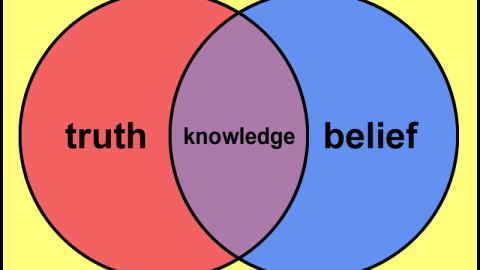My Admission: I’m Illiterate

As Parag and Ayesha wrote yesterday, if today you cannot program computers, it is as though you have the skill to read, but not to write. For this reason, kids are learning programming basics early in their lives using new programs. But what about reading?
I began to learn today that electronic books sales are years behind online music vendors. I gave various e-book sites some titles and authors I have had in the back of my mind, but found only self-published accounts of this and that (all priced as though they were actual books). I had no idea so many people were self-publishing!
As Steven Pinker said late last week in his New York Times Op-Ed, “Knowledge is increasing exponentially; human brainpower and waking hours are not.” And this, he says, accounts for the rise of new media and will account for its beneficial permanence in our lives. So just as we may imbue ‘literacy’ with a figurative but still very significant meaning, in this case the ability to program computers, what other bedrocks of our culture might we reinterpret? Learning? Knowledge itself?
If so, it would not be a new event: the definition of a word is often closely related to its history, and history is the course of change. Spiritual seekers and mystics are the most ready to perform” transvaluations of values,” to use Nietzsche’s phrase. Every intellectual and cultural revolution has given new meaning to these still timeless concepts: learning and knowledge.
Once, the human mind was relied on to carry with it some summation called knowledge, with immediate reference to a library of books organized by numerical classification system. Could it be that today’s “readers” and “writers” will be more conduits of knowledge than knowers themselves? Will experts be so called by virtue of their ability to organize and navigate the exponentially growing field of recorded information? If without programming, we are no longer able to write, then in what sense can we meaningfully read without first understanding how to navigate the vast stores of information available at our caprice?




